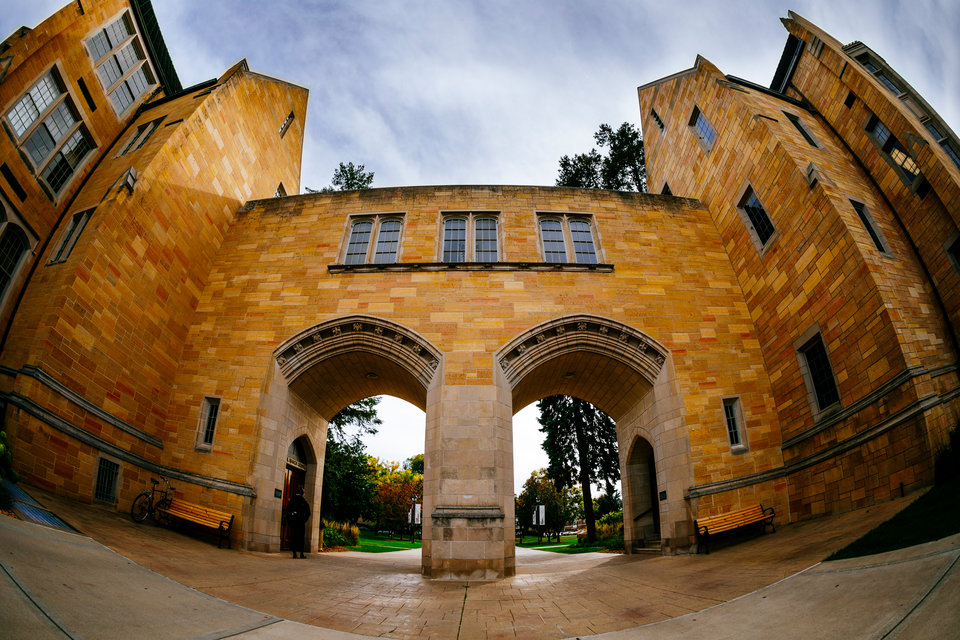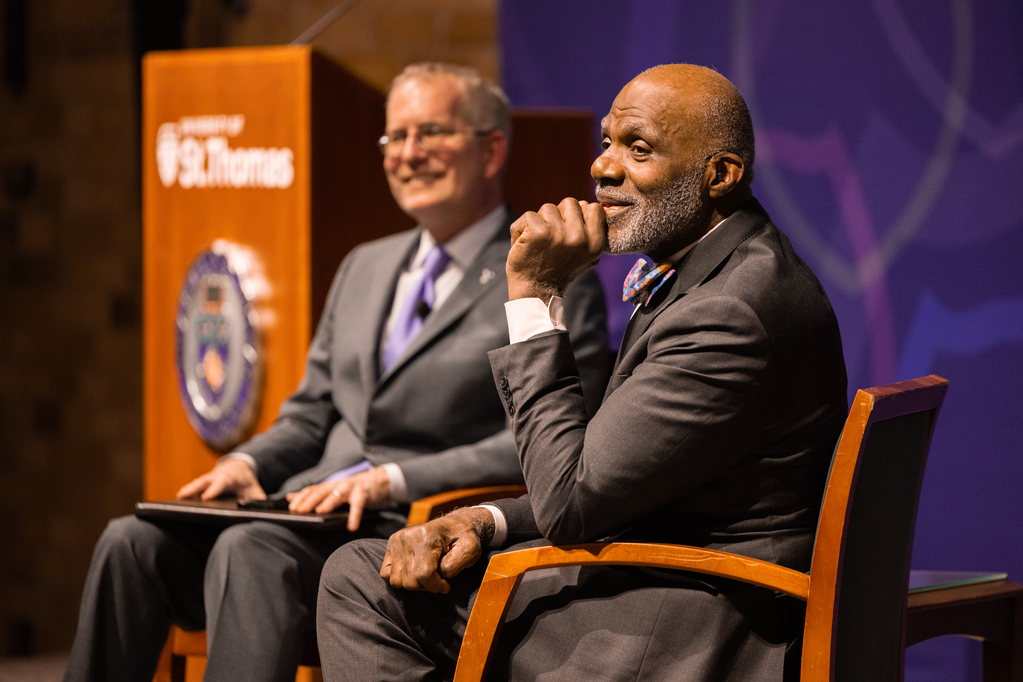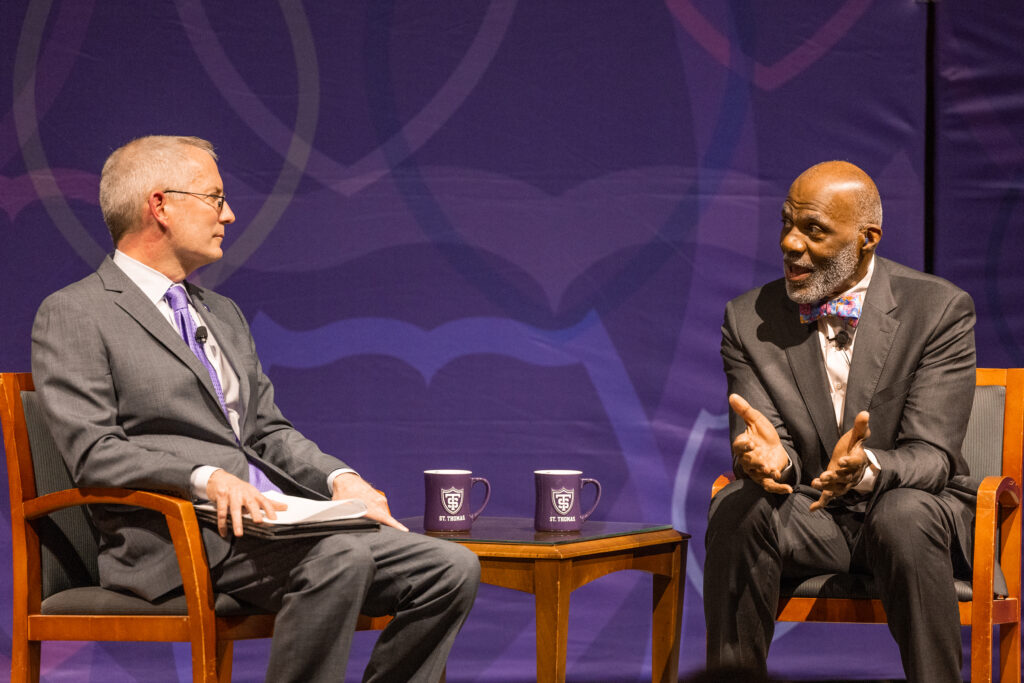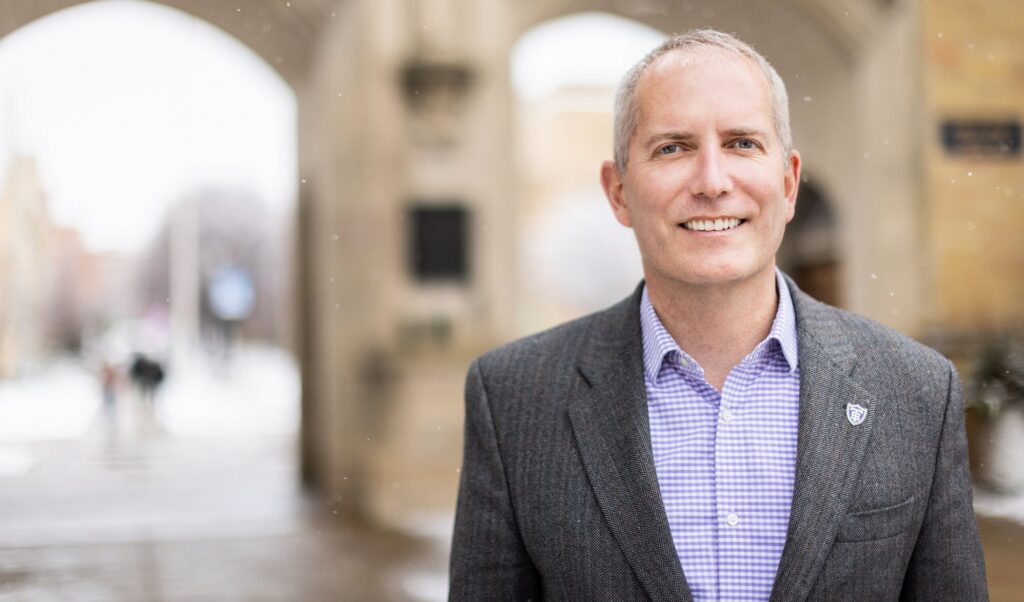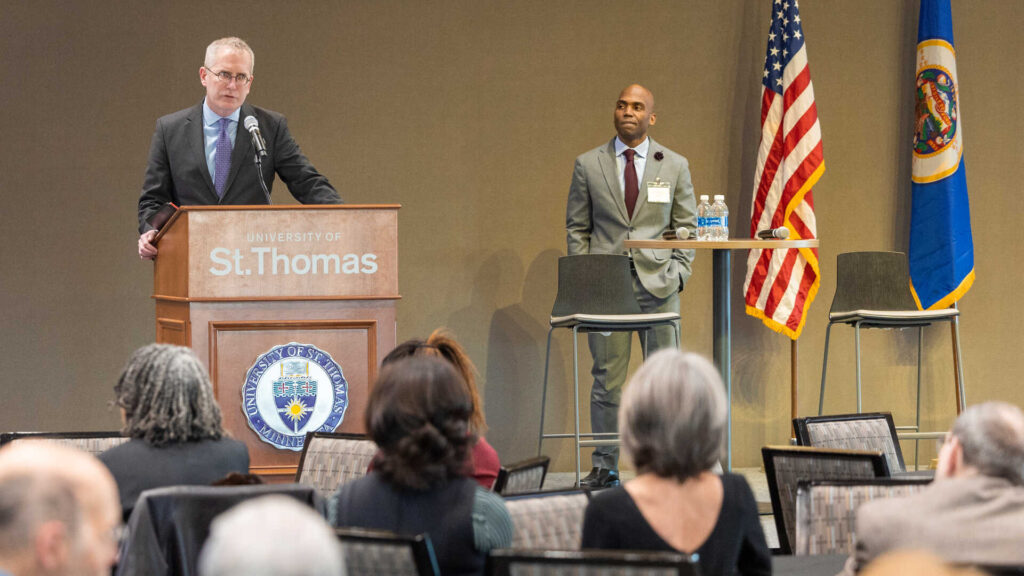In a letter released this morning, Pope Francis said, “We showed no care for the little ones; we abandoned them.” The pope’s letter was in response to last week’s Pennsylvania grand jury report which detailed the molestation and abuse of children by a large number of priests over a 70-year period and the role of bishops and other clerical leadership in enabling and covering up these horrific acts. The grand jury report comes on the heels of deeply disturbing sexual-abuse and harassment allegations against Theodore McCarrick, retired archbishop of Washington, D.C., who recently resigned from the College of Cardinals.
Catholic laity and religious are reeling. The Catholic community, including our St. Thomas community, is having its faith challenged and is searching for truth, transparency, accountability and a credible path toward healing.
While not considered a part of the Catholic Church hierarchy, the University of St. Thomas is a part of the global church. Our Catholic faith is fundamental to our mission. As a Catholic university educating and inspiring future leaders, St. Thomas cannot ignore this crisis. It is one in which we have a unique capacity, indeed an obligation, to address openly and directly.
The institutional leadership and culture of the church have been morally compromised. What governance structures, distributions of power and accountability mechanisms can mitigate these moral lapses? What can we learn from such systematic failures in leadership in other organizations, including universities? A number of ecclesiastical questions – on issues such as the role of laity in decision-making, clerical formation, celibacy, the role of women in ministry and the nature of a repenting church – also loom large. These are the types of questions our university, in collaboration with others, needs to and has the capacity to, address through convening, analysis, dialogue and debate.
Members of our community already are stepping up to this role and helping us constructively pose the questions and engage in the conversations that ultimately may contribute to a renewed and reformed church and restoration of trust. I encourage everyone to engage in these conversations and to initiate others. While the path forward is unclear, I do believe that the best chance for it to emerge requires strong lay leadership and inclusive, open dialogue.
With prayers and hope,
Julie Sullivan, President
